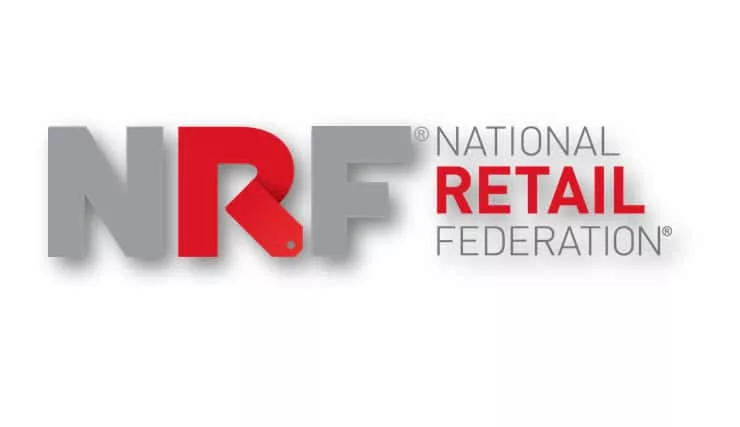Fully admitting that “No one has a crystal ball,” the Chief Economist for the National Retail Federation is telling the industry that the impact of the pandemic might actually be easing already.
Saying that the economic downturn brought on by the coronavirus pandemic has officially been declared a recession, National Retail Federation Chief Economist Jack Kleinhenz says the key question is how long it will last.
Kleinhenz poses the question, “Will this recession be briefer than earlier recessions?” and quickly notes, “No one has a crystal ball. And just as it can take months to be certain a recession has begun, it can take time to declare when one is over.”
Nevertheless, Kleinhenz suggests, “While it would be unusual for a recession to last less than six months, it is possible that the current one could have already ended with May’s rebound.” At any rate, he says, “The good news is that the recession may have ended as fast as it started. The bad news is there is plenty of uncertainty on the shape of the reopening of the economy, and the recovery will be slow even if we are no longer in recessionary territory.”
Kleinhenz’s remarks came in the July issue of the National Retail Federation’s Monthly Economic Review, which noted that the nonprofit National Bureau of Economic Research ruled last month that the U.S. economy entered a recession in February. The NBER took that long to make the declaration because part of its definition of a recession is a decline in economic activity lasting “more than a few months.” But the organization has taken anywhere from six to 18 months to declare that previous downturns were recessions, and just as long to decide if they were over.
The stock market is usually seen as a leading indicator that the economy is recovering from a recession, and has seen a strong recovery since its February crash, closing out its best quarter since 1998 this week and recovering most of the first quarter’s losses, according to Kleinhenz. Looking more closely, Kleinhenz says, “While that alone would not spell the end of a recession, payroll losses rebounded by 2.5-million jobs in May, consumer spending was up 8.1-percent and retail sales rose almost 18-percent month over month,” but also recognizes, “All three categories remain far below last year’s levels, however.”
While citing upward trends, Kleinhenz emphasized that the economic recovery will still be dictated by whether efforts to end the pandemic are successful, saying, “Before we prematurely celebrate the return of the consumer, the wave of new coronavirus outbreaks spreading throughout the country are a major threat to the recovery,” and warns, “These outbreaks are alarming, and if they accelerate will certainly sway consumer and business confidence, taking a toll on output and employment and prolonging the time it takes to achieve a true economic recovery.”
The National Retail Federation, the world’s largest retail trade association, advocates for the people, brands, policies and ideas that help retail thrive. From its headquarters in Washington, D.C., NRF empowers the industry that powers the economy. Retail is the nation’s largest private-sector employer, contributing $3.9 trillion to annual GDP and supporting one in four U.S. jobs — 52 million working Americans. For over a century, NRF has been a voice for every retailer and every retail job, educating, inspiring and communicating the powerful impact retail has on local communities and global economies.






